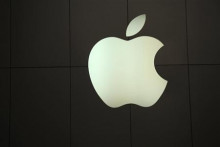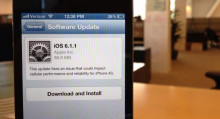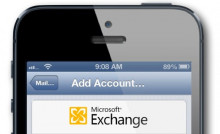Apple releases 'malware removal tool' following computer hack
Apple will release a malware removal tool after a number of Mac systems were infected by computer hackers who targeted Facebook last week.
Unknown hackers infected the computers of some Apple workers when they visited a website for software developers that had been infected with malicious software.
The malware had been designed to attack Mac computers, the Telegraph reports. The same software, which infected Macs by exploiting a flaw in a version of Oracle Corp's Java software used as a plug-in on Web browsers, was used to launch the attacks against Facebook.












































































